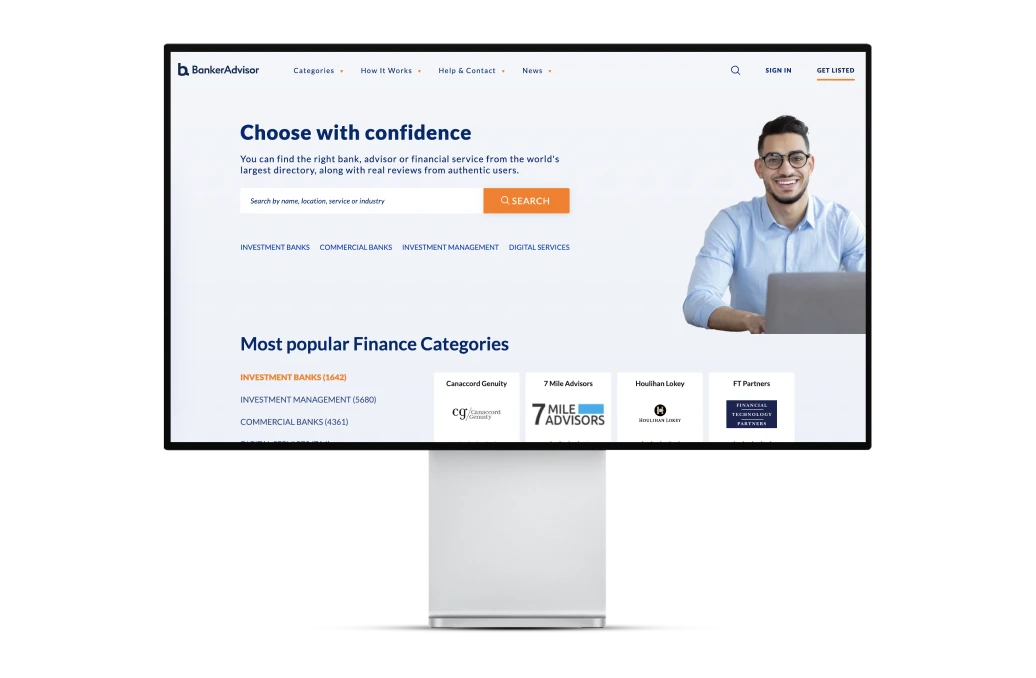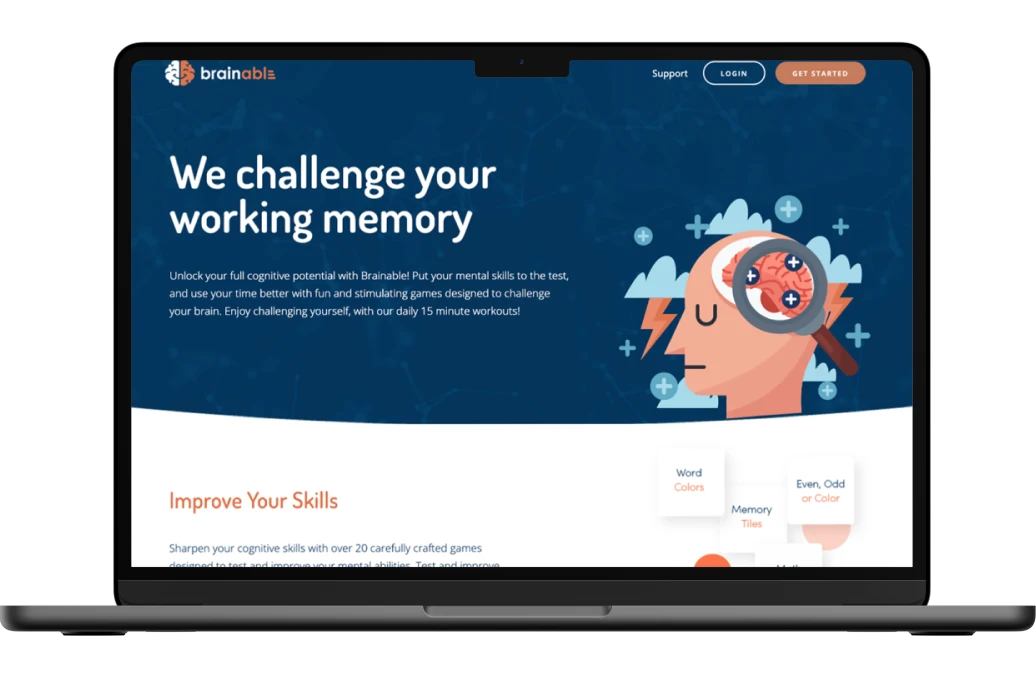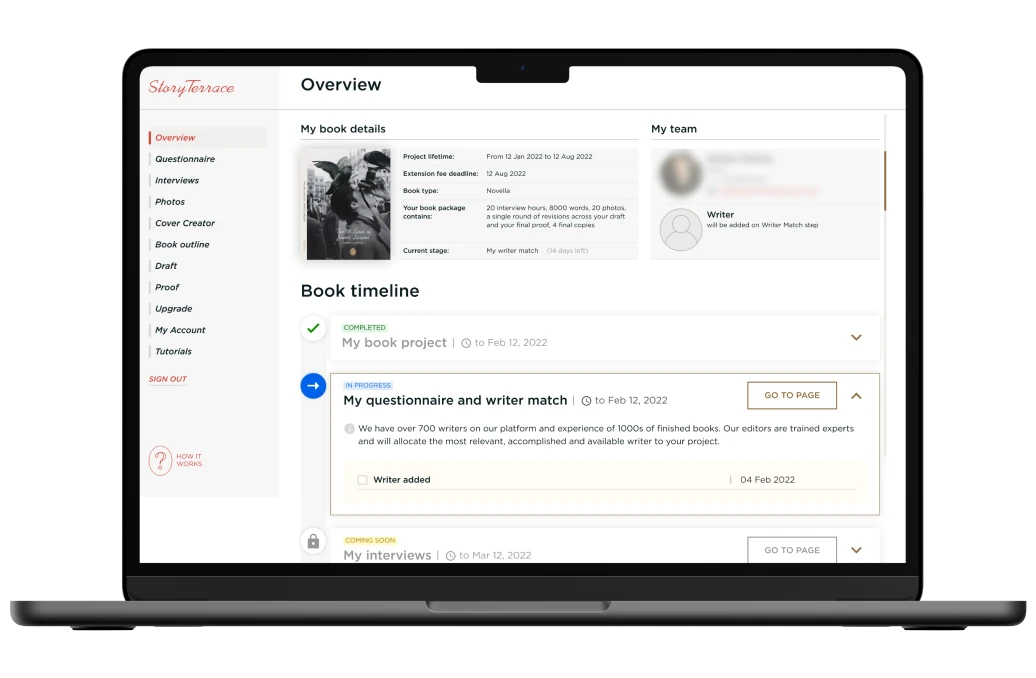Property management software is essential for many companies and even individual homeowners. In this article, we offer a comprehensive overview of its main benefits.
Many people associate real estate apps with marketing and sales platforms, such as property listing services. Indeed, they play a significant role in the real estate landscape by allowing users to access information on a wide range of properties available for purchase on the market. However, it is not enough to buy a property. One also needs to manage it: real estate assets often require significant upfront investments for renovation and, later, monthly maintenance payments. Therefore, both real estate companies that need to ensure business growth through their properties and individuals who buy them for permanent residence or recreation can benefit from software solutions that simplify property management processes.
In this article, we will review the primary capabilities, core user groups, and key benefits of property management software to help both users and, potentially, real estate experts understand why these products exist and whether there is a need for new solutions in this sector.
Defining Property Management Software
Property management software is a term that often doesn’t have a stable definition. Our review of internet sources indicates that there are multiple explanations for this phenomenon. This lack of a proper, comprehensive definition is one of the main reasons we have decided to write this article. So, what is property management software? Depending on the real estate sector, you will find many answers. Some people claim that property management software helps streamline business operations for corporate property owners, simplifying rent payments and communication with tenants.
In other cases, you can find definitions centered around the hospitality industry, where property management tools are described as apps that help manage hotels, ensuring proper tracking of available rooms and timely service for customers. Construction and agricultural businesses typically focus on monitoring construction efforts and enhancing farming efficiency. In short, almost every sector involved in real estate has its idea of a property management tool that is directly connected to its business processes. Still, we can offer a definition that unites all those descriptions into one: property management software is a computer or mobile app that simplifies the management of a particular property or group of properties based on its direct functions.
Core User Groups for Property Management Software

Property management software has a wide range of potential users. In more general terms, these users are represented by any entity that relies on a particular property and must constantly maintain it. For example, owners of a single house may need cloud-based software for property management to ensure a comfortable work-from-home routine by automating payments via the Internet. Corporate property owners who focus on lease contracts with tenants may want to use those apps for collecting rent in an automated mode.
Similar needs may motivate the owners of large commercial properties aimed at industrial manufacturers. The hospitality sector, as well as farmers, also work with commercial real estate. As a result, they either need some maintenance tracking or, once again, a comprehensive software solution for collecting rent. In short, property management software caters to a wide range of real estate users, encompassing both specialized CRM systems and assistance tools for non-business property owners.
When Is it Rational to Invest in Property Management Software?
Everything greatly depends on your use case. For non-business consumers, the benefits of property management software are likely to shine in cases where utility payments and other maintenance processes are complex due to state regulations or significant competition between multiple private service providers. Another situation in which investments into property management software make sense includes cases when you have to leave your primary residence location for a long time and, thus, require convenient Internet-driven payment tools.
As for business owners of all types, property management software typically makes sense when your daily operations become too complex, even with a large workforce. For a landlord business that focuses on leasing properties to tenants, the threshold for using such software may be relatively low: even with 10 or 20 properties, ensuring profitability may be possible only with high-quality property management software. For manufacturing businesses, effective property management is also something they need to consider from the outset. Thus, it makes sense to invest in this aspect relatively early on, as many factors of production in manufacturing depend significantly on your ability to use space efficiently.
Other businesses, such as those in the farming sector, may appreciate property management features that enhance communication. For instance, a centralized tool for leaving comments about the state of certain buildings is vital for streamlining maintenance and investments in this sector.
All in all, property management software is typically necessary in situations where a single person or the employees of a particular business are no longer capable of managing their real estate without encountering significant inefficiencies or making suboptimal investments.
Key Must-Have Features of Property Management Software

The must-have features of property management software greatly depend on the target audience of a real estate app. For individual consumers, some essential features may include automated payments, reminders for vital maintenance tasks, and various smart home features, such as video monitoring controls or remote utility management.
As for landlords and property managers, automated payments and tools for simplifying remote utility control should undoubtedly be supplemented with high-quality communication instruments and management tools that help monitor rent payments for both tenants and landlord company employees. Typically, the most effective feature is a consumer-oriented web portal, where customers and managers can access and review the most critical lease and tenancy information.
Lastly, manufacturing and agricultural businesses typically need high-quality management tools for their properties (both rented and owned). While the features mentioned above often must be a part of those tools, it is also vital to have some additional instruments aimed at specific production sectors. For example, car manufacturers may want integration with tool management and supply chain apps to optimize the use of space in their factories. In turn, individual farmers and farming companies may need to integrate their operations with tools for cattle and crop management. In short, property management is a factor of production, so their property management software solutions should be production-oriented to give them real long-term business value.
Benefits of Property Management Software

Property managers and realtors (as well as many other groups of consumers), can enjoy a large number of benefits if they use property management software. Here are some of those core benefits:
Automation of Administrative and Bureaucratic Tasks
The first benefit for property managers is undoubtedly the ability to automate administrative and bureaucratic tasks. One of the primary reasons many people and businesses are hesitant to invest in the real estate sector is the complexity of the legislation and procedures within it. First and foremost, laws and regulations around real estate are usually very elaborate and complex to manage if you have more than one or two properties. Secondly, different regions and even residential blocks have very different payment requirements, as they rely on private utility companies with varying procedures.
The only way to manage those barriers in the past was to hire more people; this option is usually very costly and thus creates significant barriers to entry into the field, potentially leading to a rather stressful work environment in which employees must track an overwhelming number of variables. In this light, property management software solutions are extremely popular among property-owning companies. They enable businesses in this field to alleviate pressure on their workforce by automating a significant number of tasks, allowing employees to focus more on creative or communication-oriented projects (for example, assisting residents with utility malfunctions).
Automation of Payment Processing
Payment processing is another problem for many property owners. From a bureaucratic standpoint, the management of real estate utilities typically requires a lot of paperwork. Apart from that, there is also the problem of payment processing and finance tracking that affects both individual property owners and businesses. While in some countries, utilities are nationalized and payments are standardized accordingly, many governments pursue free-market competition-oriented policies to reduce consumer prices. This strategy is often viable, but its downside is the lack of unified standards for utility and property management payments. Utility companies (for example, Internet providers) in one region may use bank and finance procedures that are radically different from those used in an adjacent zone.
In many cases, banking services themselves can be complicated as well. As a result, most consumers can save a significant amount of free time by utilizing one of the core benefits of property management software, its ability to automate payments. After an initial configuration, property management apps can help individual consumers and real estate businesses completely offload payment processing to those apps, reducing their main task to error monitoring, which usually takes less time and is less stressful than manual payment processing.
Automation of Finance Tracking and Reporting
Tools for finance tracking and reporting further enhance the automation of bureaucratic procedures and payments. These tools remain crucial for both individual consumers and businesses. On the one hand, strict property regulations require timely payments and financial reporting from non-business homeowners. On the other hand, the real estate industry is under even greater scrutiny due to the high price of the involved assets and the advanced regulation of property owners’ and tenants’ rights. Incorrect financial reporting, which can often occur due to incremental mistakes in preceding reports, may result in significant problems for all stakeholders.
The ability to automate this reporting is among the main advantages of property management software. Those tools cannot automate everything; however, they automate enough to reduce errors. The first use case is the ability to calculate some of the most common financial metrics automatically. As for the second use case, property management tools also help with tracking inconsistencies in more complex calculations. These apps can warn you if some calculations do not correspond to reality by double-checking your metrics against its databases. In this way, you get an opportunity for double-tracking: your employees can track automated payments; in turn, your property management app can track their calculations to ensure they align with the main standards of the real estate market.
Simple Scheduling and Task Management
Many tasks in the real estate sector are regular and repeated. For instance, residents have to pay for utilities on a monthly and, sometimes, yearly basis. For non-business homeowners, these tasks may be relatively manageable if they are not overloaded with other responsibilities. Still, even this group can often benefit from this type of software in regions where real estate payment and document requirements are particularly complex. Where these functions truly shine is in business settings, where the number of tasks to schedule and manage can be overwhelming, even for a single employee.
Real estate professionals are often eager to implement real estate apps for this reason. These apps offer advanced scheduling tools that help automate specific tasks and remind relevant stakeholders of their deadlines. In this way, it is possible to significantly decrease the number of errors in task management and, consequently, achieve a significant improvement in the overall quality of services for tenants or productivity levels for manufacturing and agricultural companies.
Ability to Provide 24/7 Support
Among the main advantages of property management software is its ability to provide 24/7 support. This can be done in multiple ways. Firstly, the online-based nature of property management tools allows landlord companies to create tenant portals that can receive messages at any time, allowing customers to contact support even at 3 am. Secondly, tools like AI enable companies to offer support at any time of day without requiring an expansive workforce. Many issues encountered by tenants tend to be relatively standard and do not require manual human intervention (at least if one needs a temporary solution). In this light, the ability to provide 24/7 support is usually among the most impactful factors in improving long-term tenant satisfaction.
Opportunity to Boost Tenant Satisfaction
Tenant satisfaction is a crucial component of a company’s business strategy when leasing properties to consumers. Competition in the sector is significant, and therefore, the quality of service plays an even more crucial role in business strategy than in other sectors (although quality is always a vital factor in service and product provision). The modern world is becoming increasingly digital, and most consumers want real estate companies to acknowledge this fact. People of almost every generation now use smartphones, and this trend is likely to continue growing in the years to come.
The intersection of smartphone and Internet technology enables the majority of users on the market to perform their tasks in a digital environment, and many people are already accustomed to this status quo. Digitalization eliminates the need to visit company or government offices, wait in lines, and complete complex paperwork. For this reason, many tenants are likely to become much more satisfied with a real estate landlord company if it capitalizes on one of the core benefits of using property management software, its ability to digitalize tasks that required a lot of in-person paperwork in the past.
Improved Security and Data Protection
Centralized real estate software has one more advantage that is vital for many consumers. With the rise of the digital age, many utility companies started to offload their services to the Internet, allowing consumers to pay via independent payment sites. Many solutions have arisen on the market for these tasks, and not all of them are as secure as they should be. Property managers typically deal with sensitive information, which can indirectly reveal the identity and even income of their tenants (or any other type of consumer). Property management software is notable for its ability to decrease those risks by unifying all transactions in one secure platform, which both saves time and ensures the long-term security of its users. Real estate property management software provides the best instruments for maximizing the benefits and minimizing the challenges of the modern digital era for real estate consumers.
Ready-Made or Custom Property Management Software: What to Choose?

A significant factor to consider when selecting the most suitable property management software is its development format. There are two ways to approach property software development. On the one hand, you can choose ready-made software created with the general market in mind. It is usually cheaper due to its mass-market orientation, but these solutions may lack features relevant to specific regions. On the other hand, it is also possible to adopt custom solutions developed with your particular company in mind. In this case, you will have to hire a custom development company and fund their development.
This path is usually more expensive in the long term. Still, it allows one to unlock the benefits of property management systems that are not available in ready-made solutions. For example, if your region has a unique combination of private and government procedures and regulations, only custom solutions may offer an optimal way to streamline operations. Thus, they often may be more profitable in the long term due to providing better customer experiences and saving time for your employees.
New Trends in Property Management Software
Several improvements in modern technologies are likely to further expand the benefits of property management systems. Firstly, we can expect an integration of artificial intelligence into those systems. They can help every stakeholder by offering tenants information in a convenient and easy-to-use format and, in the case of separate non-textual models based on machine learning, provide better statistics for managers. Secondly, we expect the incorporation of technologies like Blockchain to improve transaction transparency and, once proper regulations are in place, enable the integration of cryptocurrencies and other alternative currencies. Lastly, the advancements in virtual reality and 3D visualization tools can enhance tenants’ ability to request assistance online or, for instance, select properties that best meet their requirements.
Conclusion

To summarize, the benefits of property management systems are very significant, and consequently, they are likely to encourage more companies to adopt these tools. Property management apps allow landlord businesses to streamline tenant management and remove many time-consuming tasks. If you want to develop a tool like this for your company, Keenethics is here to help. We have over 10 years of experience in custom development, including real estate development, so our developers are among the top experts in developing property management systems tailored to markets with unique, non-standard conditions.
Keenethics can help!












